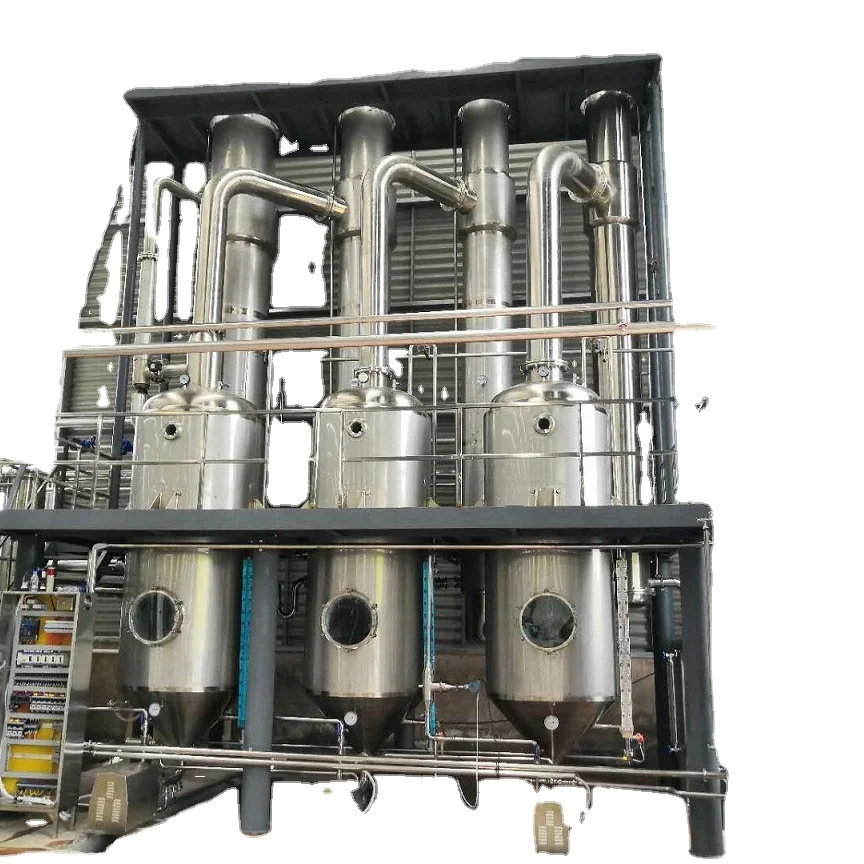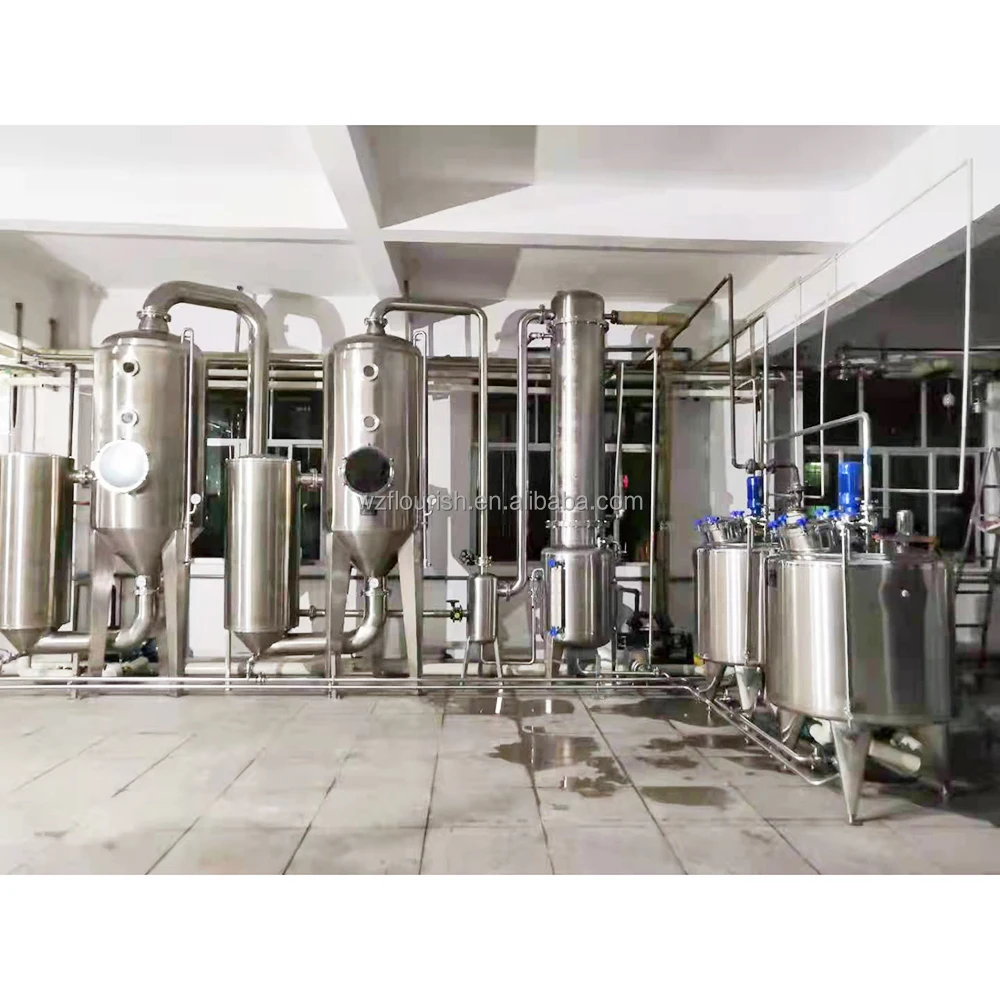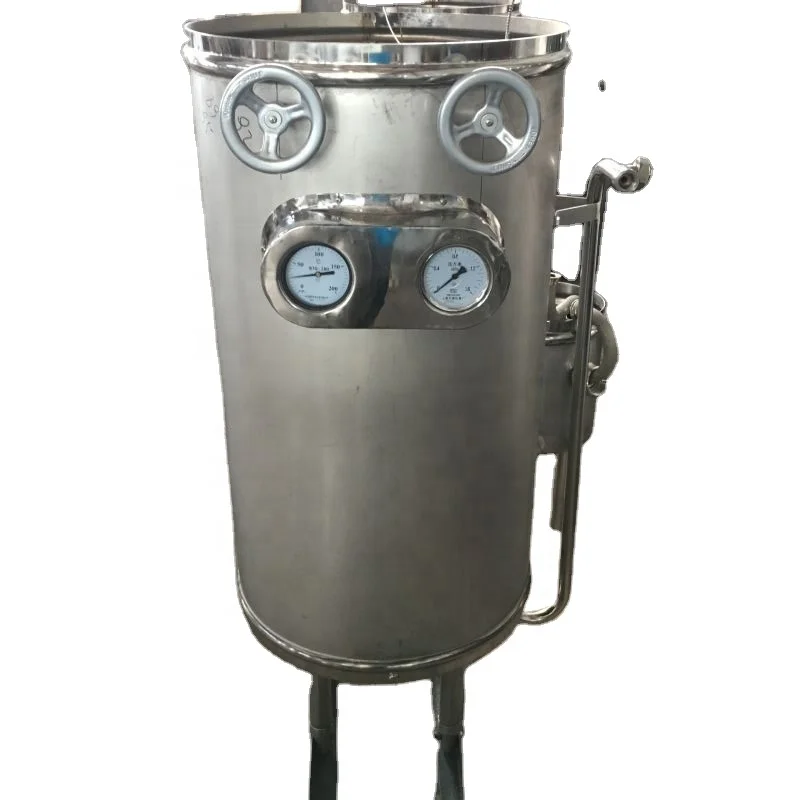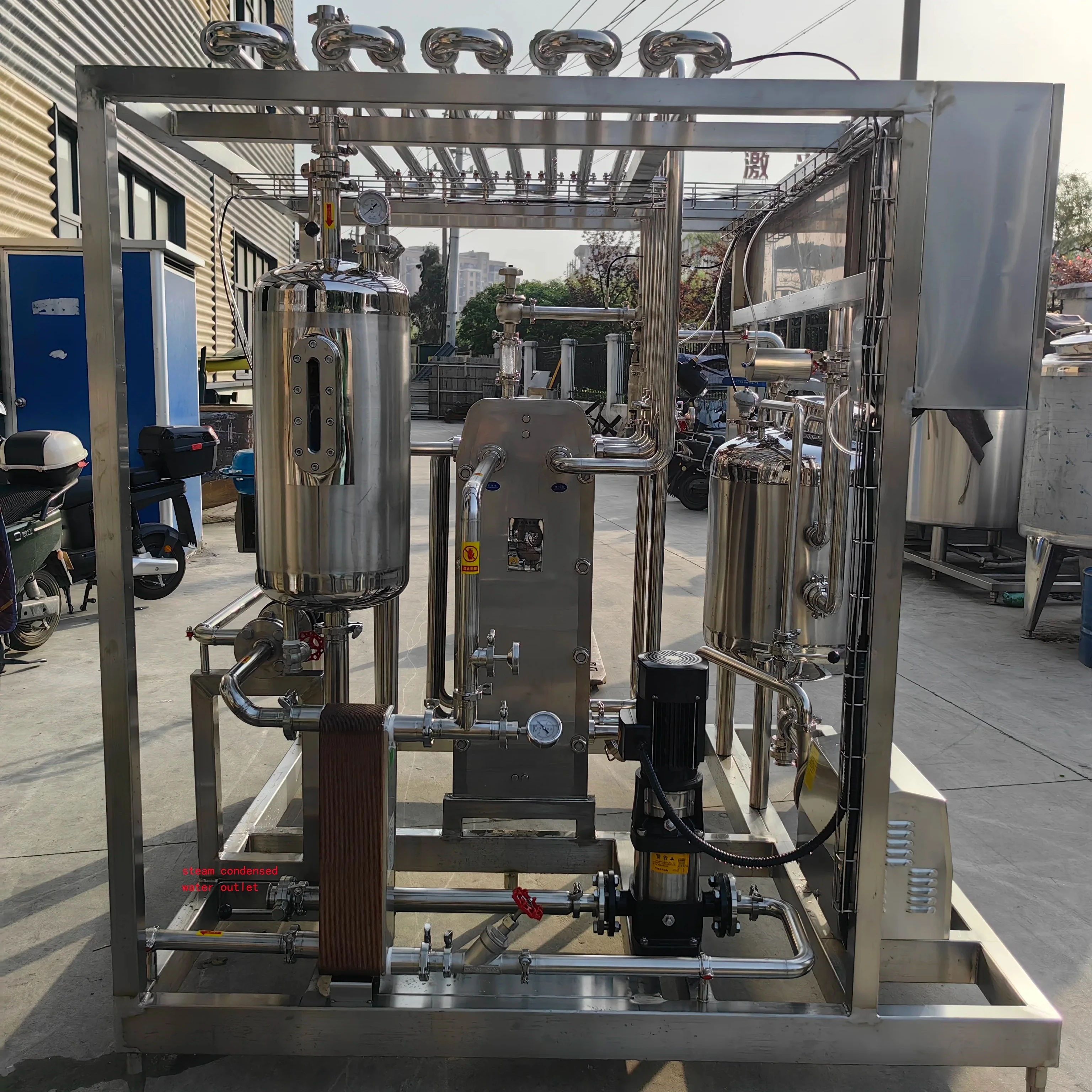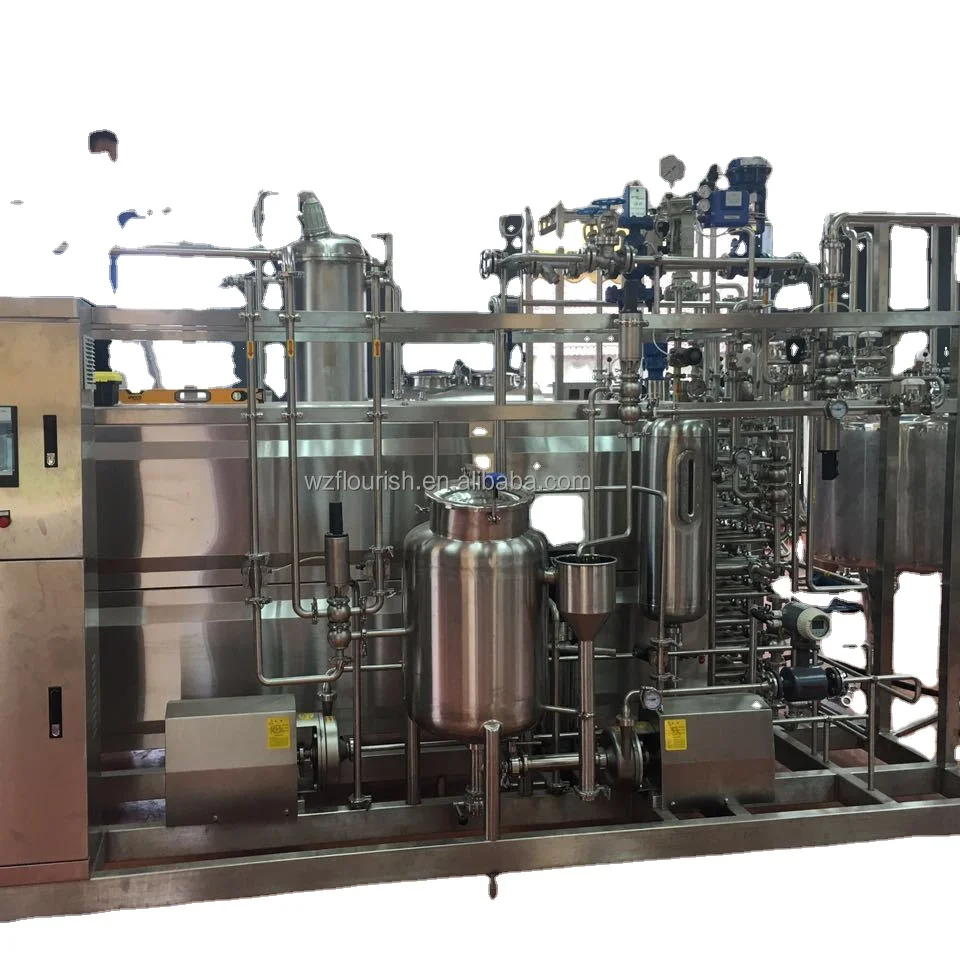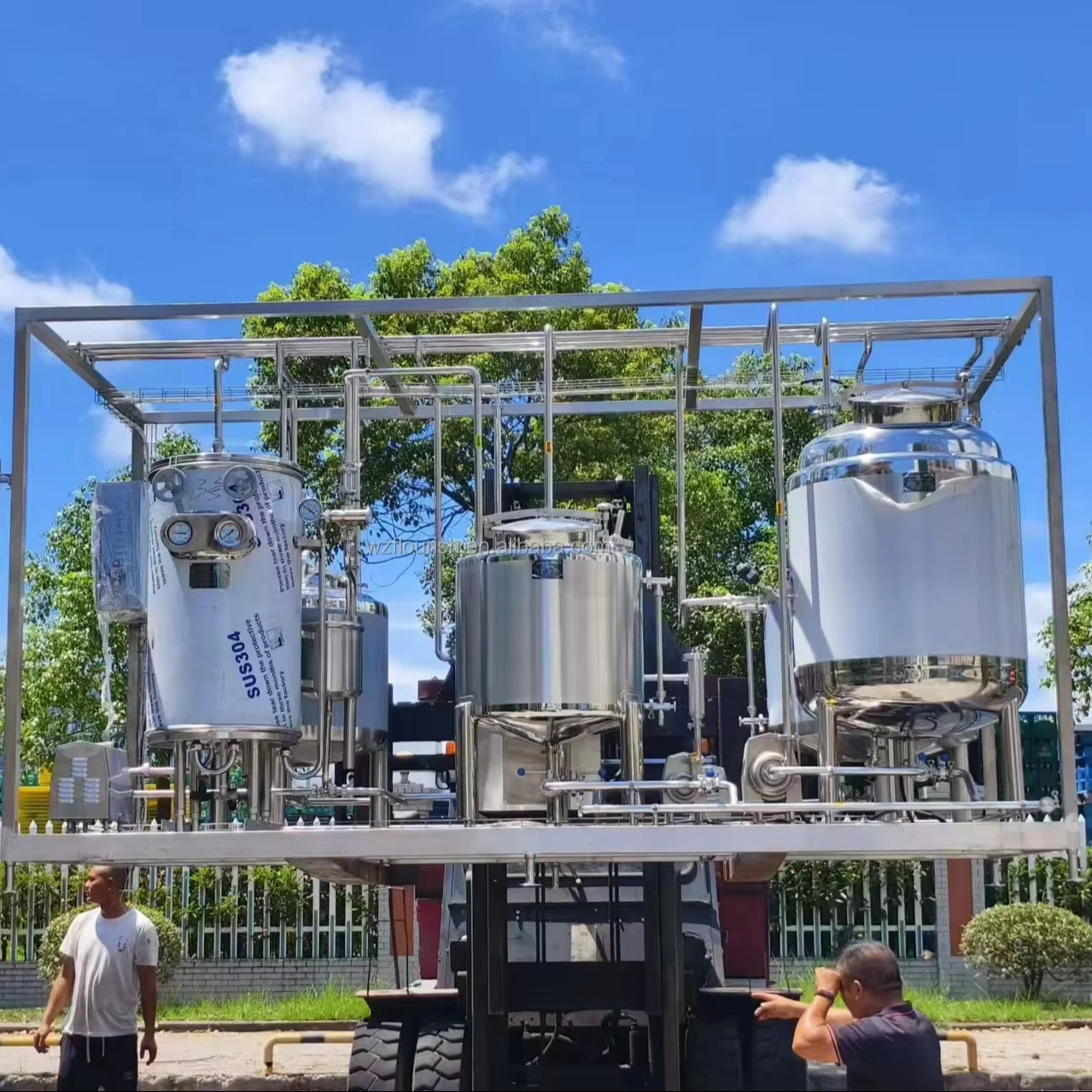ABOUT
Wenzhou Vince Machinery Science Co., Ltd. was established in early 1980s. Our company covers an area of 6500 square meters and is an independent legal representative firm, possessing rich economic technology strength. Our company is a high tech enterprise and plays an important role in national dairy, foodstuff, pharmacy and machinery industries. We are a beverage machinery supplier.
Since the establishment, our company has mainly engaged in dairy products, foodstuff, beverage machinery, bean products, yellow wine, medicines and fermentation projects. What's more, our company supplies a complete sequence services in manufacturing, installation, test and personnel train, as well as the whole direction service design and consulting service on product project construction or enlargement artistic distribution engineering sets budget.
PRODUCTS
The Future of Efficient Milk Production Lines
Automation and Robotics
Automation is revolutionizing milk processing. Robotic systems are increasingly employed for tasks like milking, cleaning, and sorting, significantly reducing labor costs and improving consistency. Automated guided vehicles (AGVs) streamline material handling within the production facility, minimizing delays and optimizing workflow. The integration of sophisticated sensors and machine learning allows for real-time monitoring and predictive maintenance, preventing costly downtime and ensuring uninterrupted production.
Furthermore, advancements in robotic milking systems offer gentle and efficient extraction, minimizing stress on the cows and potentially improving milk quality. These robotic systems also allow for more frequent milking, leading to higher yields and potentially healthier cows.
Data Analytics and Predictive Maintenance
Data analytics plays a crucial role in optimizing milk production lines. Sensors throughout the process collect data on various parameters, such as temperature, flow rate, and milk composition. This data is analyzed using sophisticated algorithms to identify inefficiencies and potential problems before they escalate. Predictive maintenance models, based on this data analysis, can anticipate equipment failures and schedule maintenance proactively, minimizing downtime and reducing repair costs.
By leveraging big data and AI, producers can make informed decisions about resource allocation, optimize production schedules, and predict market trends, ultimately enhancing profitability and sustainability.
Sustainable Practices and Resource Management
Environmental concerns are driving the adoption of sustainable practices in milk production. Emphasis is placed on reducing water and energy consumption, minimizing waste generation, and implementing closed-loop systems to recycle resources. Renewable energy sources, such as solar and wind power, are being integrated into production facilities to reduce carbon footprint.
Moreover, innovations in packaging materials, such as biodegradable and compostable options, are gaining traction, reducing the environmental impact of milk distribution. These sustainable practices not only benefit the environment but also enhance the brand image and attract environmentally conscious consumers.
SUBSCRIBE
INQUIRY

